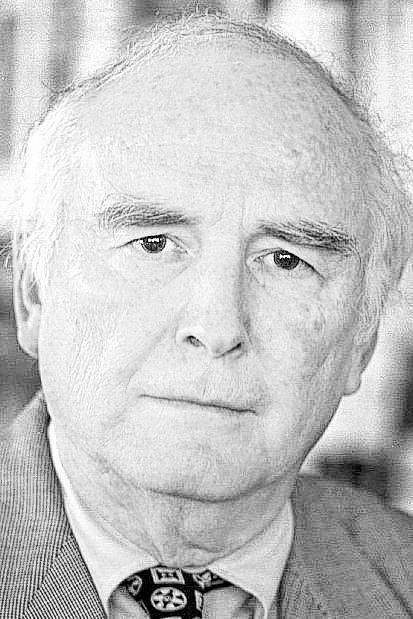Click here to subscribe today or Login.
WASHINGTON — The moment really belonged to the New York Times. But somehow, the Washington Post keeps receiving the honors for saving the nation’s free press and the constitutional declaration that protects it — the First Amendment.
It was the Times that first printed the Pentagon Papers, having received them from Daniel Ellsberg, a reformed hawk on Vietnam, who worked for the Rand think tank that had been commissioned by the Defense Department to compile a lengthy history of the conflict up to 1967, including how we got there. Beginning on a Sunday, the story in infinite detail ran several days before the White House blundered badly and ordered a shutdown of further publication on grounds of national security and went to court to enforce the order. By that time much of the public outside the Beltway had lost interest in the turgid recounting.
A paranoid Nixon and his minions, however, regarded the publication as just another disloyal, left-leaning mainline press effort to undermine not only the war but the administration entirely. Sound familiar?
Enter the Washington Post whose owner and its editor not only weren’t Nixon fans but were chagrined at the “scoop” by the paper they considered (grandiosely) their only competition … and right under their noses. They were desperate to find a way in and Nixon gave it to them. Their lawyers informed owner Katherine Graham and her “ruggedly dashing” executive editor, Ben Bradlee, that the president’s actions amounted to “prior restraint” — a decidedly constitutionally challengeable action. The newspaper defied the embargo and printed their own copy of the papers.
Suddenly, it became the Post’s story and the historic significance and relevance shifted to freedom of the press and the validity of the bedrock amendment to the Constitution and, of course, the stuff from which Hollywood makes movies. And that is what the filmmakers have done in a prequel to the Watergate saga, which was to stimulate another world-saving effort by the Post in “All the President’s Men.”
Let me make it clear I have not seen “The Post,” the latest Hollywood vision of great journalism as it may or may not have taken place. But I did cover the entire momentous business at the time.
I have read reviews and if they are accurate, the movie while compellingly dramatic with its first-line actors and directors, raises concern that some liberties have been taken with the Post’s motivation based on Bradlee’s autobiography. The newspaper’s constant recalling of those days of fame and glory including the later Watergate incident has become, at times, overbearing to say the least.
It’s rather like a reporter I once complimented on the jacket he was wearing. He replied: “Thank you. I was wearing this when I won the Pulitzer Prize.”
There are bound to be small inaccuracies that creep into most biopics. And Hollywood always takes every opportunity to increase the drama. It’s why producers put “based” on a true story in the opening credits rather than just “a true story.” For instance, Katherine Graham, whose father bought the paper in 1933 at auction, is quoted as saying it was the only job she ever had.
That isn’t true. Her father arranged for her to take a job at the San Francisco News where she worked as a leg person on the docks for the paper’s renowned labor reporter. She became a close friend of a union leader but the relationship was abandoned when she returned to marry Phillip Graham, who her father had installed as the newspaper’s chief executive. Graham was reportedly abusive, allegedly flaunting his mistress among other things. He later killed himself, forcing her to take over as an inexperienced manager of the Post. Her brilliant autobiography holds little back.
It was a rather shy, insecure wife and mother — bolstered by Bradlee — who sanctioned the Pentagon Papers decision. And the Supreme Court’s 6-3 endorsement of her argument made her more assured when it came to the Watergate investigation. In that incident, she wisely refused demands and entreaties to remove Bob Woodward and Carl Bernstein from the story and replace them with more experienced national staffers. The Post is now owned by Jeff Bezos, the billionaire entrepreneur of Amazon fame.
Will I see “The Post” movie? Certainly, since I’m addicted to this kind of drama. Anyway, when the legend becomes fact, print the legend or something like that. One has to wonder how Bezos might have met the challenge.





